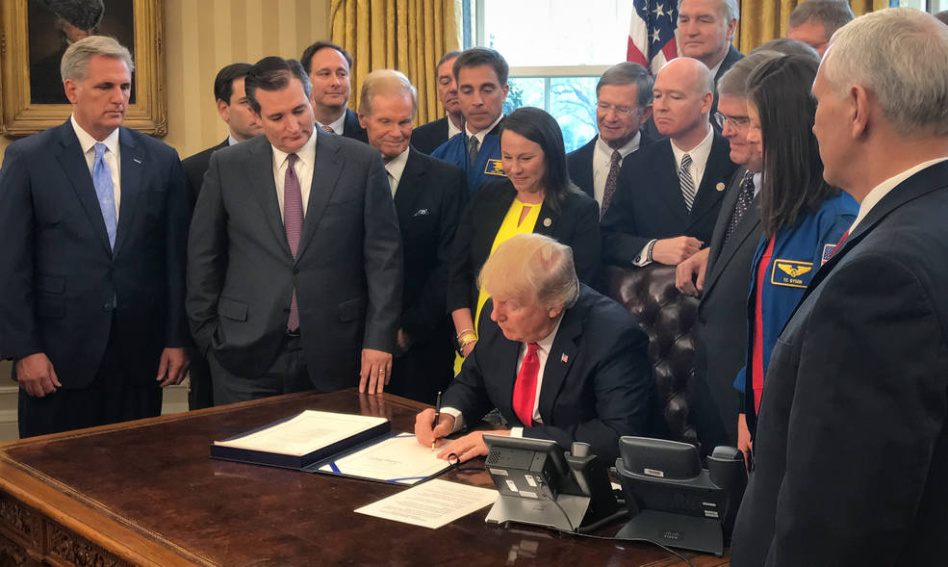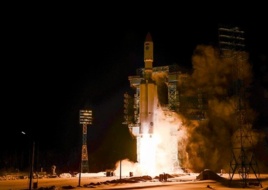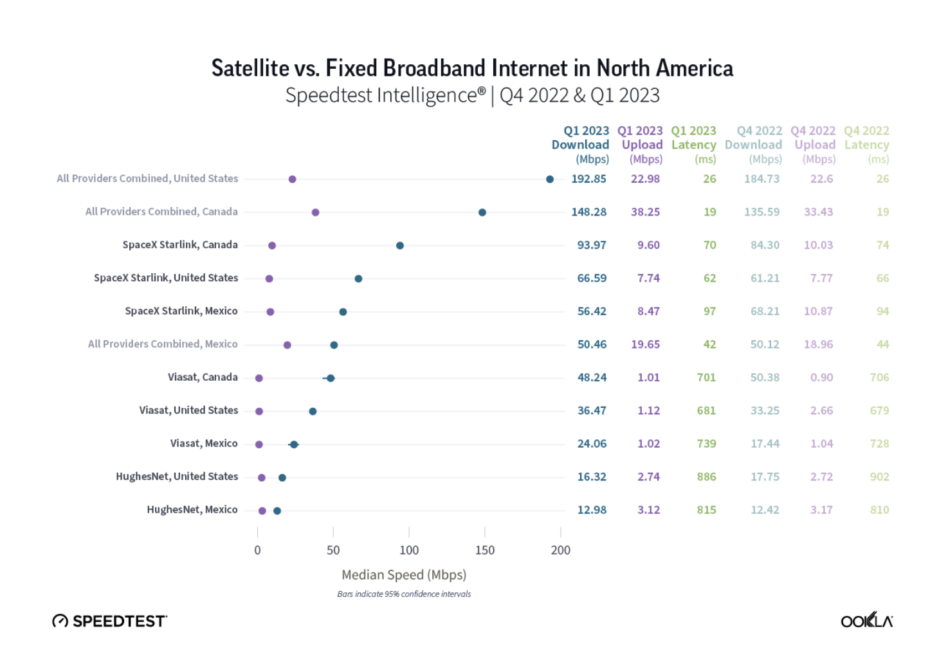The last time Congress passed a standalone NASA authorization bill, in 2017, astronauts were flying to the ISS exclusively aboard Russian rockets, Perseverance was still a work in progress inside a JPL clean room, and Artemis was just a name from Greek mythology.
It’s clear a lot has changed since then, and Rep. Frank Lucas (R-OK), chairman of the House Science, Space and Technology Committee, told me it’s time for lawmakers to catch up. He’s pushing for the committee to draft a NASA authorization bill this Congress that can codifythe agency’s priorities and keep missions on time and on budget.
“We have a year and a third to go in this session, so that’s my timeline to get it done,” he said. “The sooner, the better.”
Looking back
Congress passed a pared down NASA authorization bill in 2022, which was about half the length of previous authorizations and contained within the broader semiconductor-focused CHIPS and Science Act. But Lucas said there is still more work to be done on a standalone bill to set budget and timeline expectations for major programs like Artemis or Mars sample return.
“The goal of an authorization is to help keep an agency on a timeline and on a budget,” Lucas said. “For Mars sample return, projections are going up, and it’s already facing time delays. I don’t want it to end up impacting a number of other missions the way James Webb did.”
Auth vs. approps: A quick reminder for those of you who slept through civics. Appropriators draft budget bills and allow agencies to spend money. Authorizers set policies and priorities. In a perfect world, appropriators would budget money for programs already given the green light by authorizers, but that’s not the way Congress has worked in many years.
Some Republicans are trying to change that. As part of the lengthy negotiations this year to elect Speaker Kevin McCarthy, GOP committee leaders have been told not to appropriate money for programs that have not been formally authorized, and Lucas said he’s taking the directive seriously. “I’m playing by the rules so we can fulfill our mission,” he said.
Lucas said he thinks it would be appropriate to pass a new NASA authorization every three to five years, given how quickly space technology is advancing. For comparison, Congress passes a defense authorization bill every year, and an agriculture bill every five years.
How likely is this to happen?
It’s not clear if a bitterly divided Congress will be able to make progress on an updated authorization for space, which historically has had bipartisan support. Lucas said he hasn’t talked with his Senate counterparts yet, adding that with such a slim majority in the House, the lower chamber must “demonstrate we can do something” and actually pass a bill forsenators to take it seriously.
Other to-dos: Lucas is also pushing for Congress to formally authorize NOAA, which has been operating under an executive order since its establishment in 1970, and make the weather-and-ocean-tracking office a stand-alone agency akin to NASA. It’s an effort he began last year with the introduction of a draft bill in the waning days of 2022.
Today, the Office of Space Commerce, which issues licenses for operations in space, sits under NOAA. But Lucas also wants to elevate the regulatory office, bumping it up to the undersecretary level within the Commerce Department.





